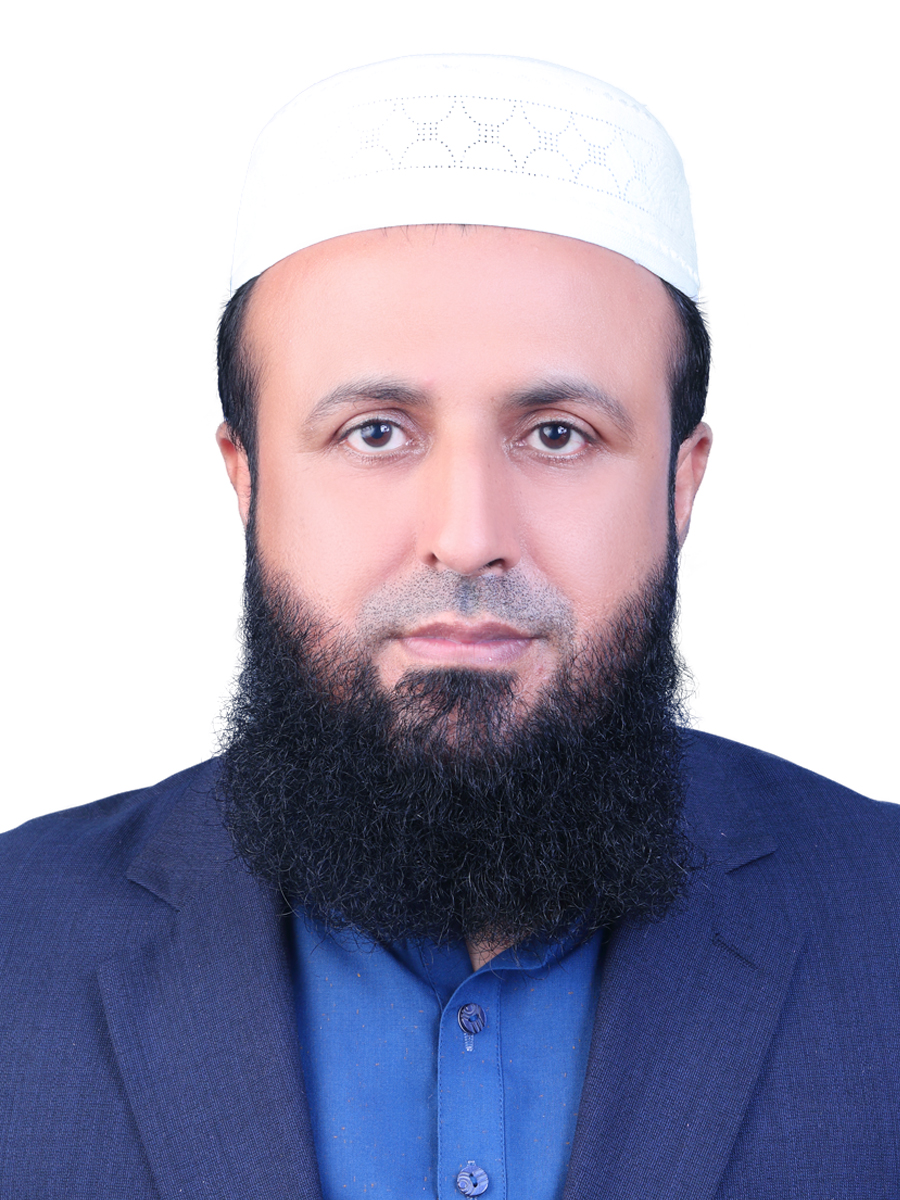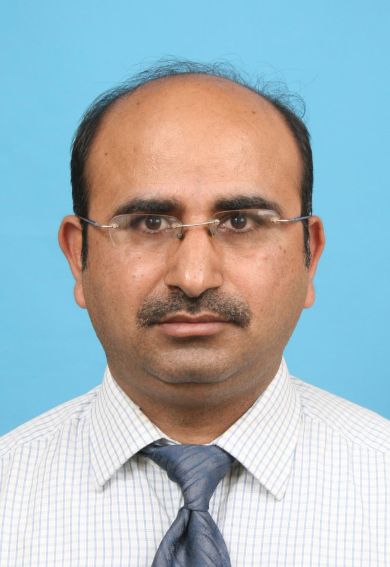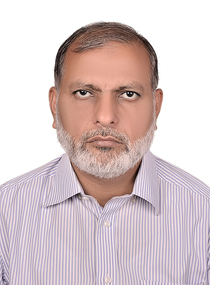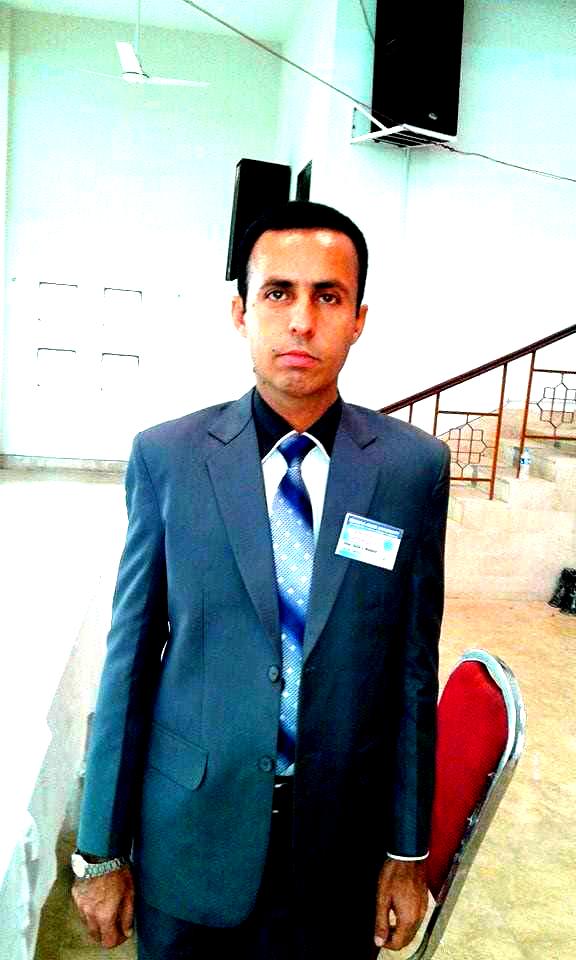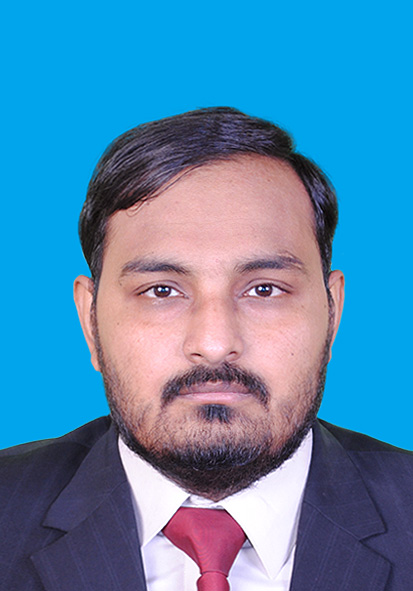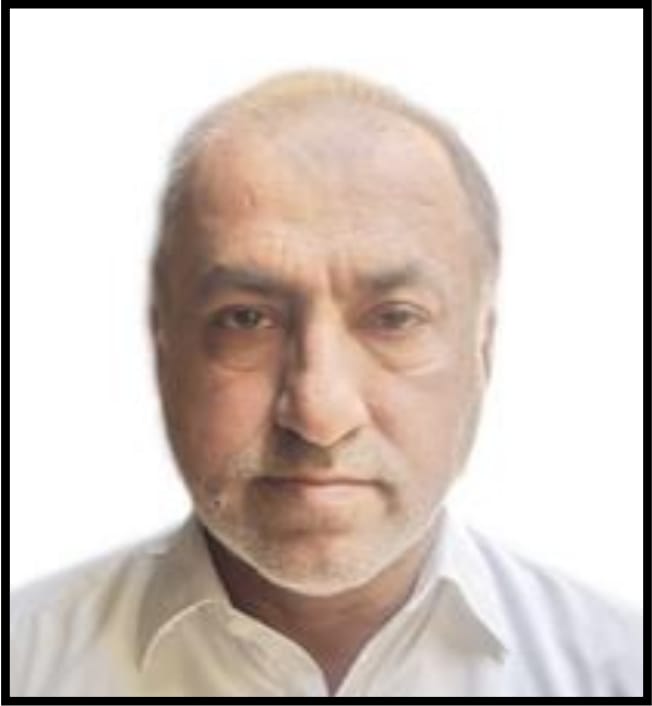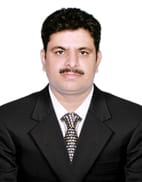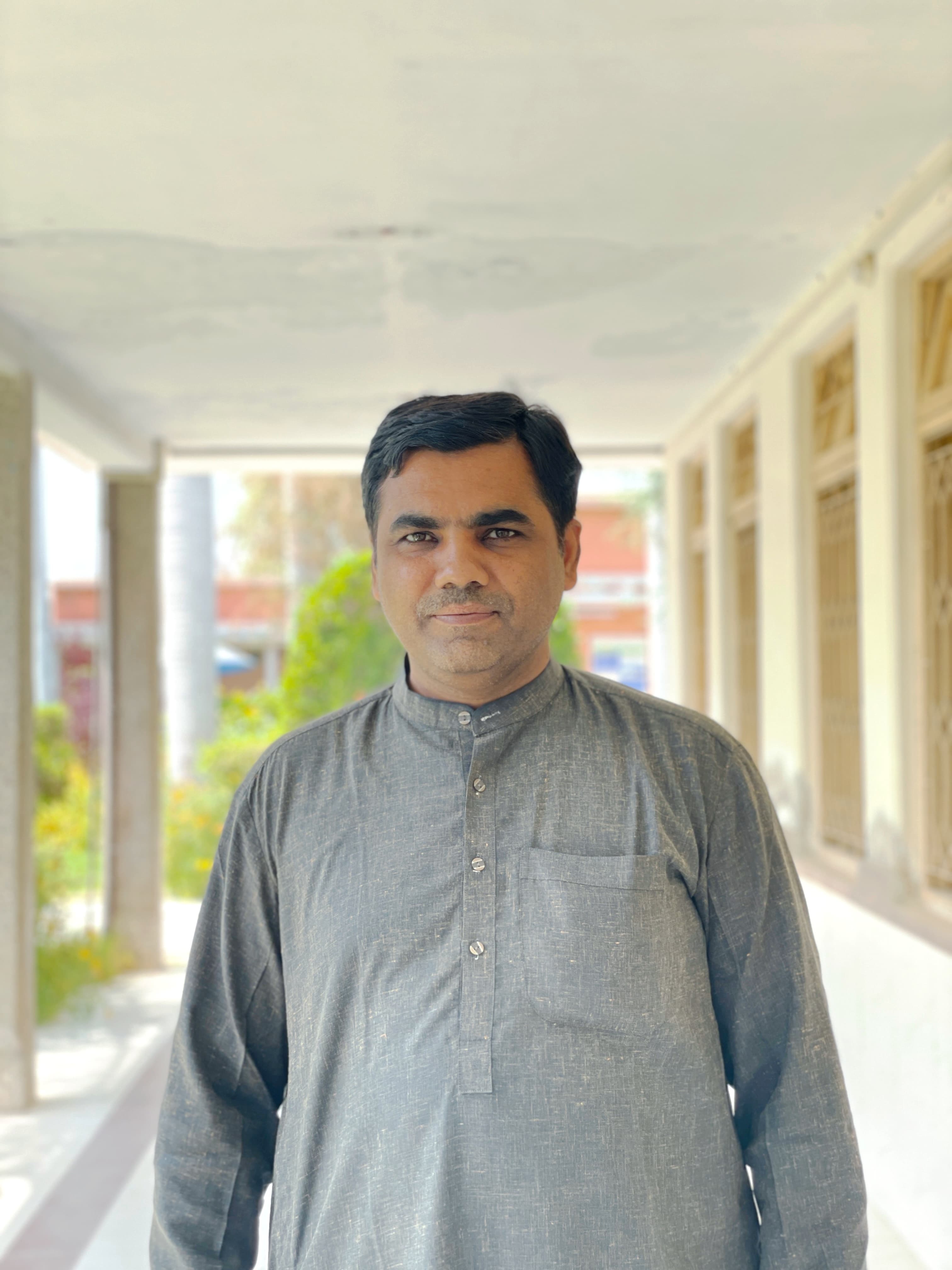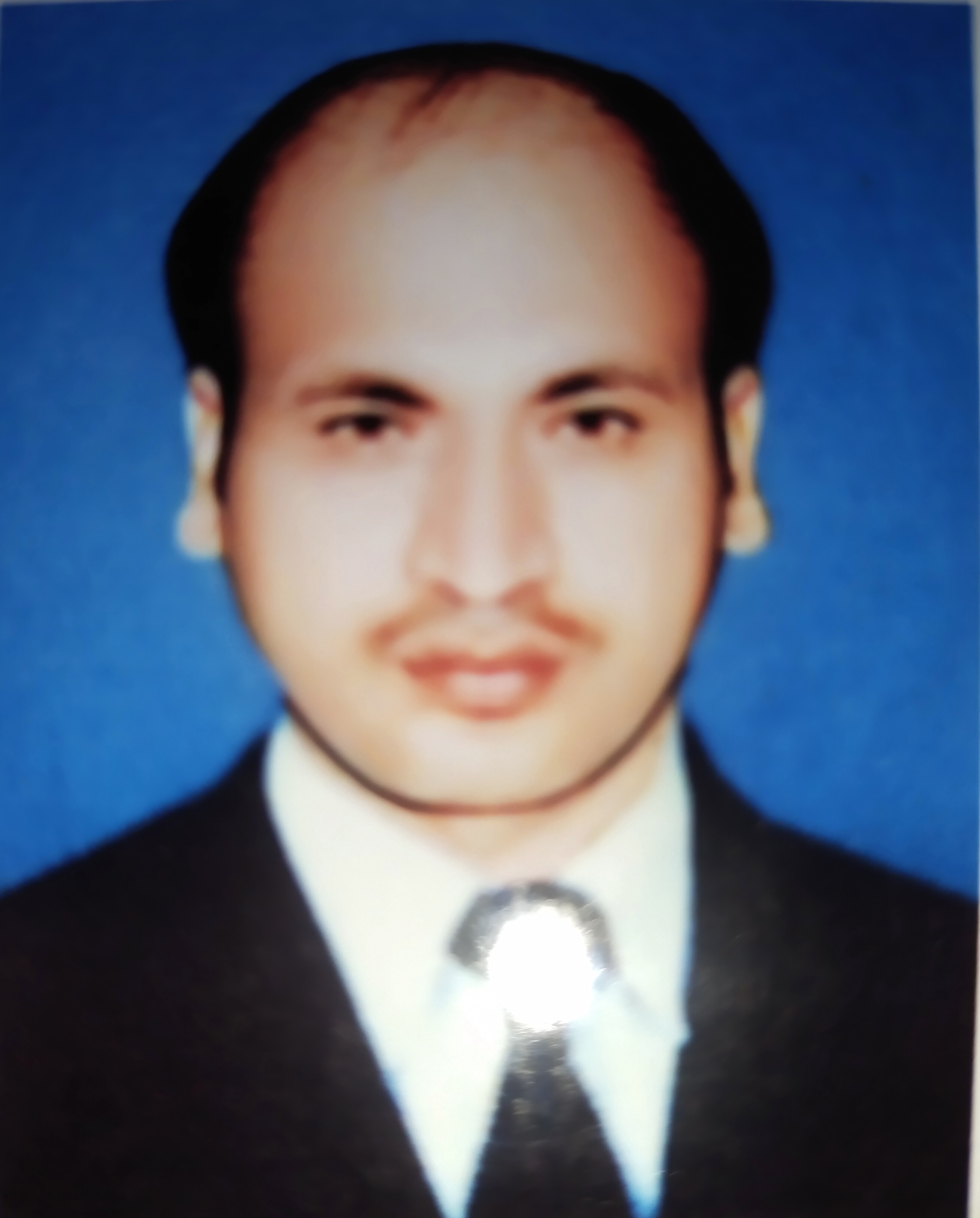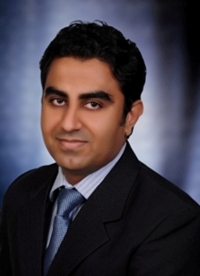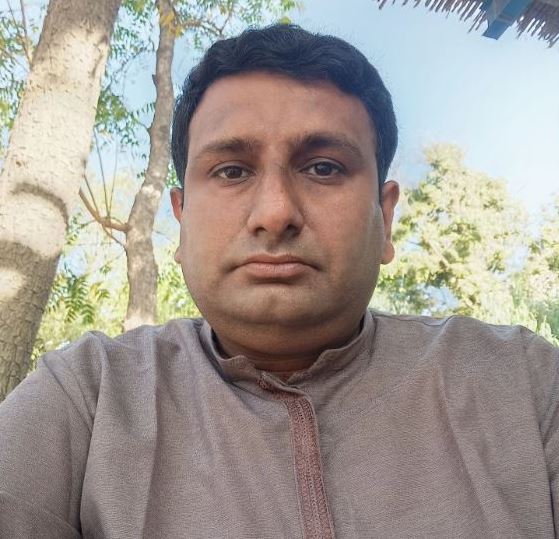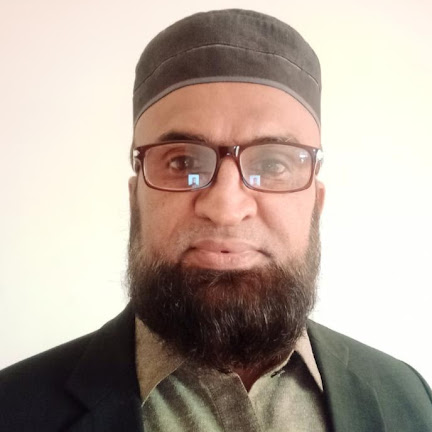
Prof. Dr. Abdul Sattar Saand
CHAIRMAN
Leading the department with excellence and innovation.
View ProfileAbout the Department
INTRODUCTION
The Department of Electrical Engineering Quaid-e-Awam University offers a highly respected undergraduate and postgraduate degree programmes and undertakes world-class research. Electrical engineeringis a field that usually deals with the study and application of electricity, power engineering, and electromagnetism and new trends in electrical engineering and its associated fields. The Department of Electrical Engineering is characterized cover electrical power, power system control, power electronics, power quality and communication systems, which provides tremendous opportunities for cross-disci pli nary interaction in teaching and research.
Our electrical engineering graduates have been serving the society in key academic, government, and industry positions in different parts of the world. Locally, they have made tremendous impact to the socio• economic development of the country and serving the society in every aspect. The Electrical Engineering Department of Quaid-e-Awam University has designed dynamic and focused curriculum to develop well-trained best manpower in Electrical Engineering for academic, industrial, public sector as well as research. The Department also focuses on inculcating ethical and moral values in students. Students are also motivated to participate actively in seminars, symposiums, conferences, short courses,training, workshops and internships.
The Department of Electrical Engineering is putting best efforts to produce highly trained and capable graduate engineers who can take up the challenges of the real world with knowledge, skill, competency and confidence. The academic quality is based on academic standards and practical work. Thestudents here see their dreams come true.The students are sent for Industrial Training and Industrial study tour to different, industries and electric utilities and generation companies all over country during their course curriculum. This gives students the exposure and assurance to work in an industrial culture. Practical aspects of various subjects are supported by well-equipped laboratories such as machine laboratory, electrical power system laboratory, power electronics laboratory, basic electrical and circuit, High voltage laboratory and communication and control laboratory.
Vision of the department
Fostering excellencein Electrical Engineering Education for sustainable development and industrial growth with solutions at the national and international level.
Mission of the program
Toprovide students of Electrical Engineering with sound technical knowledge and practical skills of relevance to the contemporary industry, together with the spirit of teamwork, ability to communicate effectively and inculcating professional ethics leading to a successful career with lifelong learning.
Program Educational Objectives (P E O s)
The program aims at imparting quality education to Electrical Engineering graduates for contributing to the society through modern technologies and practices in line with SDGs especially Goal-1, Goal-2, Goal-3, Goal-4, Goal-
5, Goal-6, Goal-7, Goal-8, Goal-9, Goal-10, Goal-lland Goal-12. The four Program educational objectives (PEOs), are as given below, form the basis of the Department of Electrical Engineering at QUEST Nawabshah. Within few years of graduation, the students with Bachelors in Electrical Engineering are expected to attain the following.
PEO-1: Exhibit a deepunderstanding of electrical engineeringalongside the adept use of contemporary research trends and methodologies to gain insights into core domains.
PEO-2: Deliver economically feasible solutions for fundamental engineering and technical challenges, promoting socioeconomic and sustainable progress.
PEO-3: Embody professionalism by upholding ethical values and showcasing interpersonal skills, enabling effective career growth as both a team leader and an individual.
PEO-4: Persistent Advance Professional development and technical knowledge through concurrent learning and adaptation.
Program Learning Outcomes (PLOs)
Following are Program Learning Outcomes (PLOs) graduates are expected to have by the time of graduation.
1. ENGINEERING KNOWLEDGE:
{ An ability to apply knowledgeof mathematics, science, engineering fundamentals and an engineering specialization to the solution of complex engineering problems.
2. PROBLEM ANALYSIS:
; Anability to identify, formulate, research literature, and analyze complexengineering problems reaching substantiated conclusions using first principles of mathematics, natural sciences and engineering sciences.
3.DESIGN/DEVELOPMENT OF SOLUTIONS:
; An ability to design solutions for complexengineering problems and design systems, components orprocesses that meet specified needs with appropriate consideration for public health and safety, cultural, societal, andenvironmental considerations.
4. INVESTIGATION:
; Anability to investigate complex engineering problems in a methodical way including literature feedback, design and conduct of experiments, analysis and interpretation of experimental data, and synthesis of information to derive valid conclusions.
5. MODERN TOOL USAGE:
¢ An ability to create, select and apply appropriate techniques, resources, and modern engineering and IT tools, including prediction and modeling, to complex engineering activities, with an understanding of the limitations.
6. THE ENGINEER AND SOCIETY:
{ Anability to apply reasoning informed by contextual knowledgeto assess societal, health, safety, legal and cultural issues and the consequent responsibilities relevant to professional engineering practice and solution to complex engineering problems.
7. ENVIRONMENT AND SUSTAINABILITY:
; An ability to understand the impact of professional engineering solutions in societal and environmentalcontexts anddemonstrate knowledge of and need for sustainable development.
8. ETHICS:
& Apply ethical principles and commit to professional ethics and responsibilities and norms of engineering practice.
9. INDIVIDUAL AND TEAM WORK:
An ability to work effectively, as an individual or in a team, on multifaceted and /or multidisciplinary settings.
10. COMMUNICATION:
An ability to communicate effectively, orally as well as in writing, on complex engineeringactivities with the engineering community and with society at large, such as being able to comprehend and write effective reports and design documentation, make effective presentations, and give and receive clear instructions.
11. PROJECT MANAGEMENT:
& An ability to demonstrate management skills and apply engineering principles to one's own work, as a member and/or leader in a team, to manageprojects in a multidisciplinary environment.'
12. LIFELONG LEARNING:
An ability to recognize importance of and pursue lifelong learning in the broader context of innovation and technological developments.
TheDepartment of Electrical Engineering's Programme Learning objectives (PLOs) are based on three perspectives: breadth, depth and professionalism:
Breadth - OurGraduates possess broad education, including problem• solving skills and knowledge of important current issues in electrical engineering, necessary for productive careers in the public or private sectors and for the chase of higher education.
Depth - Our Graduates possess an understanding of the fundamental knowledge of electrical engineering prerequisite for the practice and advanced studies in electrical engineering, including its scientific principles, rigorous analysis, and creative design.
Professionalism - Our Graduates demonstrate skills for clear communication and accountable teamwork, and professional attitudes and ethics, so that they are prepared for the complex modern work environment and for lifelong learning.
1.1.6Degree programs offered by the department of electrical engineering:
1. Bachelors of Electrical Engineering
2. Masters of Power Engineering
3. PhD in Electrical Engineering
Teaching Staff
Scheme of Studies
1st Year
1st Semester
| Code | Course | Credit Hour |
|---|---|---|
| 366 | Applied Mechanics | 3 + 0 |
| 364 | Computing Fundamentals | 2 + 1 |
| 285 | Electrical Workshop Practice | 0 + 1 |
| 328 | Applied Physics | 3 + 1 |
| 330 | Functional English | 2 + 0 |
2nd Semester
| Code | Course | Credit Hour |
|---|---|---|
| 297 | Electrical Network Analysis | 3 + 0 |
| 374 | Theory of Electromagnetic Field | 3 + 0 |
| 299 | Digital Logic Design | 2 + 1 |
| 300 | Computer Programming | 2 + 1 |
| 301 | Engineering Drawing | 0 + 1 |
| 301 | Engineering Drawing | 0 + 1 |
| 180 | DifferentiaI Equations & Fourier Series | 3 + 0 |
2nd Year
1st Semester
| Code | Course | Credit Hour |
|---|---|---|
| 376 | Computer Programming | 2 + 1 |
| 374 | Theory of Electromagnetic Field | 3 + 0 |
| el1 | Electrical Network Analysis | 3 + 0 |
| 377 | Differential Equations and Fourier Series | 3 + 0 |
| 378 | Engineering Drawing | 0 + 1 |
| 350 | Digital Logic Design | 3 + 1 |
2nd Semester
| Code | Course | Credit Hour |
|---|---|---|
| 305 | Electrical Machines | 3 + 1 |
| 337 | Microprocessors and Interfacing | 3 + 1 |
| 383 | Complex Variables & Transforms | 3 + 0 |
| 303 | Instrumentation & Measurement | 3 + 1 |
| 373 | Signals and Systems | 2 + 1 |
3rd Year
1st Semester
| Code | Course | Credit Hour |
|---|---|---|
| 312 | Technical Writing | 2 + 0 |
| 338 | Communication Systems | 3 + 1 |
| 311 | Numerical Analysis with computer applications | 3 + 1 |
| 384 | Advanced Electrical Machine | 3 + 1 |
| 309 | Electrical Power Generation | 3 + 0 |
2nd Semester
| Code | Course | Credit Hour |
|---|---|---|
| 317 | Professional and social ethics | 2 + 0 |
| 314 | Control Systems | 3 + 1 |
| 313 | Electrical Power Transmission | 3 + 1 |
| 315 | Power Electronics | 3 + 1 |
| 335 | Statistics & Probability | 3 + 0 |
4th Year
1st Semester
| Code | Course | Credit Hour |
|---|---|---|
| 396 | Industrial Drives | 3 + 1 |
| 319 | Power System Analysis | 3 + 1 |
| 318 | Power Distribution and Utilization | 3 + 1 |
| 54 | Final Year Project-I (FYP-I) | 0 + 3 |
| 321 | Power Economics and Management | 3 + 0 |
2nd Semester
| Code | Course | Credit Hour |
|---|---|---|
| 325 | Entrepreneurship and Leadership | 2 + 0 |
| 322 | Power System Control | 3 + 1 |
| 323 | Power System Protection | 3 + 1 |
| 324 | High Voltage Engineering | 3 + 1 |
| 55 | Final Year Project-II (FYP-II) | 0 + 3 |




